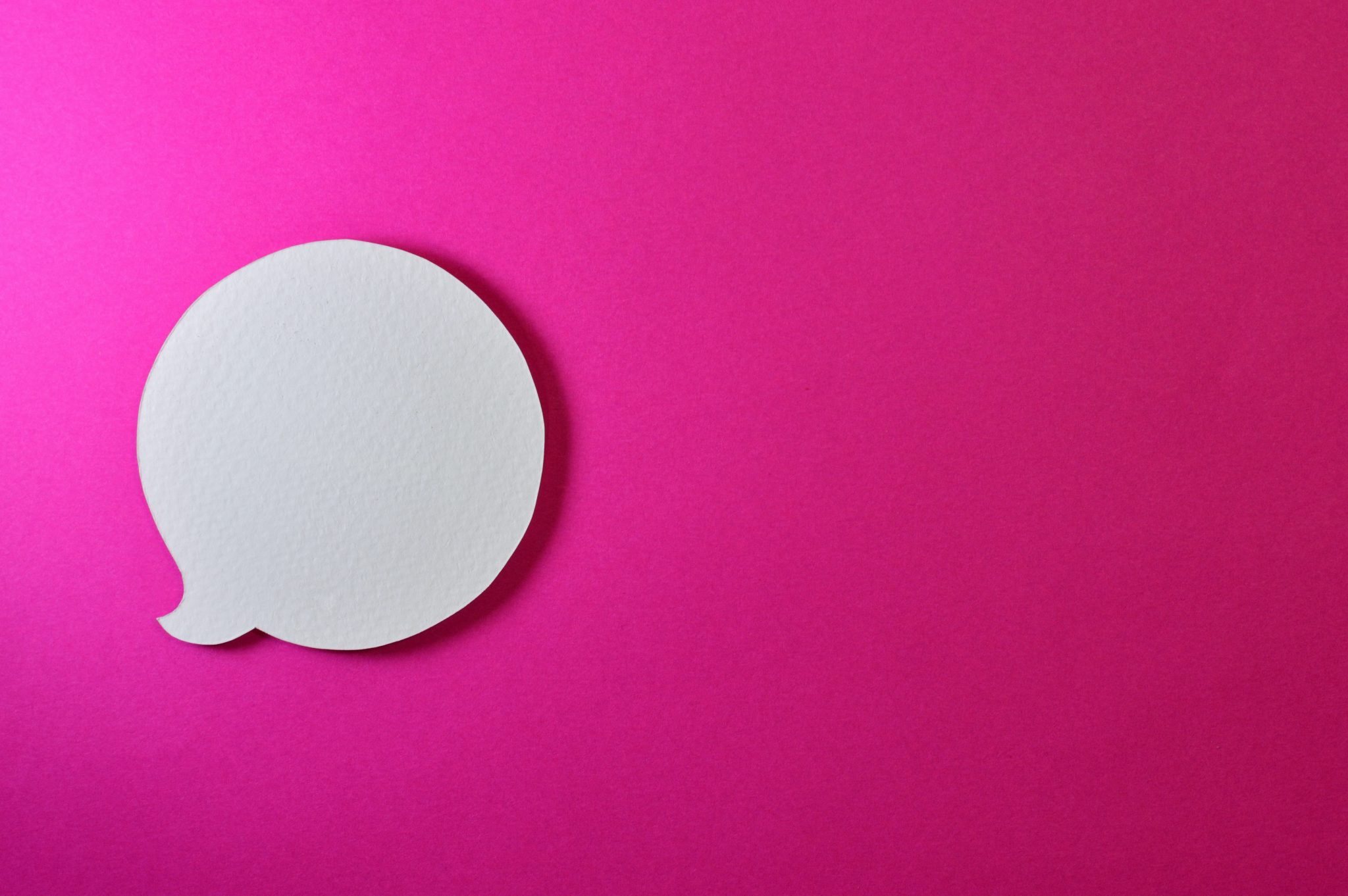Effective communication is at the heart of any healthy, fulfilling relationship. It allows us to connect with our partners on a deeper level, navigate challenges and conflicts, and express our needs and boundaries. But all too often, misunderstandings and miscommunications can get in the way, leaving us feeling disconnected and unsupported.
What is on this page
Communication: Dialogue or Debate?
Communication is a two-way exchange. In a productive conversation, there are no winners or losers. Instead, the goal is to listen and respond to each other’s perspectives, rather than simply reacting from a predetermined stance. In a healthy dialogue, both parties feel heard and valued. This means actively listening to what the other person has to say, and responding with an open mind, rather than just trying to get your own point across. By engaging in this kind of respectful, open-minded exchange, you can strengthen your connection and deepen your understanding of each other.
If you’re struggling with communication in your relationship, know that you’re not alone. And the good news is, there are steps you can take to improve the way you and your partner connect.
Relational Intelligence
Relational intelligence (RI) is a term used to describe the ability to navigate and understand our relationships with others on a deeper level. It involves the ability to communicate effectively, empathize with others, manage conflict, and build trust.
People with high levels of RI are often skilled at creating and maintaining positive relationships, and have a natural ability to connect with others in meaningful ways. They are able to navigate complex social situations with ease, and have a deep understanding of the dynamics of interpersonal interactions.
RI is an important component of emotional intelligence, and can be a key predictor of success in both personal and professional contexts. It can be developed and strengthened through practice and experience, and can help us build and maintain healthy, fulfilling relationships.
Communication and The Illusion of Magic Thinking
In couples communication, it’s easy to fall into the illusion of “magic thinking” – the belief that your partner should just automatically know what you need and how you’re feeling without you having to say anything. But the truth is, it doesn’t work like that. No one can read your mind, no matter how well you think you know each other. And expecting your partner to somehow magically know what you need without you telling them is just setting yourself up for disappointment.

The illusion of magic thinking can create a lot of frustration and resentment in a relationship. It puts an unrealistic burden on your partner, who can’t possibly know what you’re thinking or feeling without you telling them. And it ignores the fact that good communication requires explicit expression of your needs and boundaries.
So if you want to avoid the illusion of magic thinking in your relationship, remember this: be open and honest with your partner about your thoughts, feelings, and needs. Don’t expect them to magically know what you’re thinking or feeling. And remember that good communication is all about being explicit and upfront about what you need and how you’re feeling. By doing this, you can create a deeper level of understanding and connection in your relationship.
Tips to Improve Communication
Communication skills are the abilities and techniques that enable us to effectively convey and receive messages. They include verbal and nonverbal skills, such as speaking, listening, writing, and body language. Good communication skills are important in all aspects of life, as they help us to build and maintain relationships, express ourselves clearly and effectively, and navigate social situations.
Identify Specific Communication Issues
Before you can start working on improving communication, it’s important to get clear on what’s not working. Take some time to reflect on any communication issues you’ve been experiencing with your partner. Do you feel like you’re not being heard or understood? Are there certain topics that are difficult to talk about? Are you having trouble expressing your needs or boundaries? By getting specific about what’s been challenging, you can start to zero in on what needs to change.
Set Specific Goals
Now that you have a better understanding of the issues you’re facing, it’s time to set some goals for improving communication. This could involve setting aside dedicated time for talking, learning new communication skills, or seeking help from a therapist or coach. Whatever you choose, make sure it’s something that feels doable and meaningful to you.
Practice Active Listening
One of the keys to effective communication is the ability to really listen to what your partner is saying. This means putting your phone away, looking at them, and giving them your full attention. Try to resist the temptation to interrupt or jump to conclusions. Instead, try paraphrasing what they say to show that you understand, and ask open-ended questions to invite further conversation.
Communicate Openly and Honestly
In order to truly connect with your partner, it’s important to be open and honest about your thoughts, feelings, and needs. This means being direct and respectful in your communication, and being open to hearing your partner’s perspective as well. It’s also important to practice vulnerability and share your deepest thoughts and feelings, even if it’s uncomfortable. This can help create a deeper level of intimacy and connection.
Learn to Manage Conflict Effectively
Conflict is a natural part of any relationship, and how we handle it can make all the difference. When conflicts arise, try to stay present and focused on the issue at hand. Use “I” statements to express your perspective, and take breaks if things are getting too heated. Most importantly, try to find common ground and work towards a solution that works for both of you.
Practice Gratitude and Positive Reinforcement
In the midst of conflicts and challenges, it’s easy to focus on the negative. But by making an effort to regularly express appreciation for your partner and acknowledge their positive actions, you can help create a sense of positivity and connection.
Seek Support if Needed
If you’re really struggling to communicate effectively, it might be helpful to seek out some professional support. A therapist or coach can provide guidance and help you work through any challenges you’re facing. They can also offer tools and techniques for improving communication and deepening your connection.

By incorporating these ideas into your relationship, you can improve the way you and your partner communicate and create a deeper, more fulfilling connection. Remember, it takes effort and commitment, but the rewards are well worth it. So don’t be afraid to roll up your sleeves and get to work on improving your communication skills. It’s a journey that can bring you closer together
How Counselling can Help with Communication
Counselling can be a really helpful way for couples to improve their communication and strengthen their relationship. Here’s how it can help:
- A safe space: Counselling provides a safe, neutral space for couples to talk about their issues without fear of judgment or interference. This can make it easier for people to be open and honest about their feelings and concerns.
- A trained professional: A counsellor is trained to help people work through their issues and improve their communication. They can provide guidance and support, and offer tools and techniques for couples to use in their day-to-day lives.
- A chance to learn: Counselling can help couples learn new ways of communicating and understanding each other. They can learn how to express their needs and boundaries in a healthy way, and how to really listen and understand each other’s perspective.
- A chance to work through issues: Counselling can provide an opportunity for couples to work through any issues that may be causing problems in their relationship. Whether it’s conflict, misunderstandings, or simply a lack of connection, counselling can help couples find solutions and move forward.
- A chance to connect: Ultimately, counselling can help couples reconnect and strengthen their bond. By improving their communication and understanding each other better, couples can feel closer and more connected.
In short, counselling can be a great way for couples to improve their communication and build a stronger, healthier relationship. If you’re struggling with communication in your relationship, it might be worth considering seeking help from a trained professional. They can help you work through any issues and find ways to connect on a deeper level.

